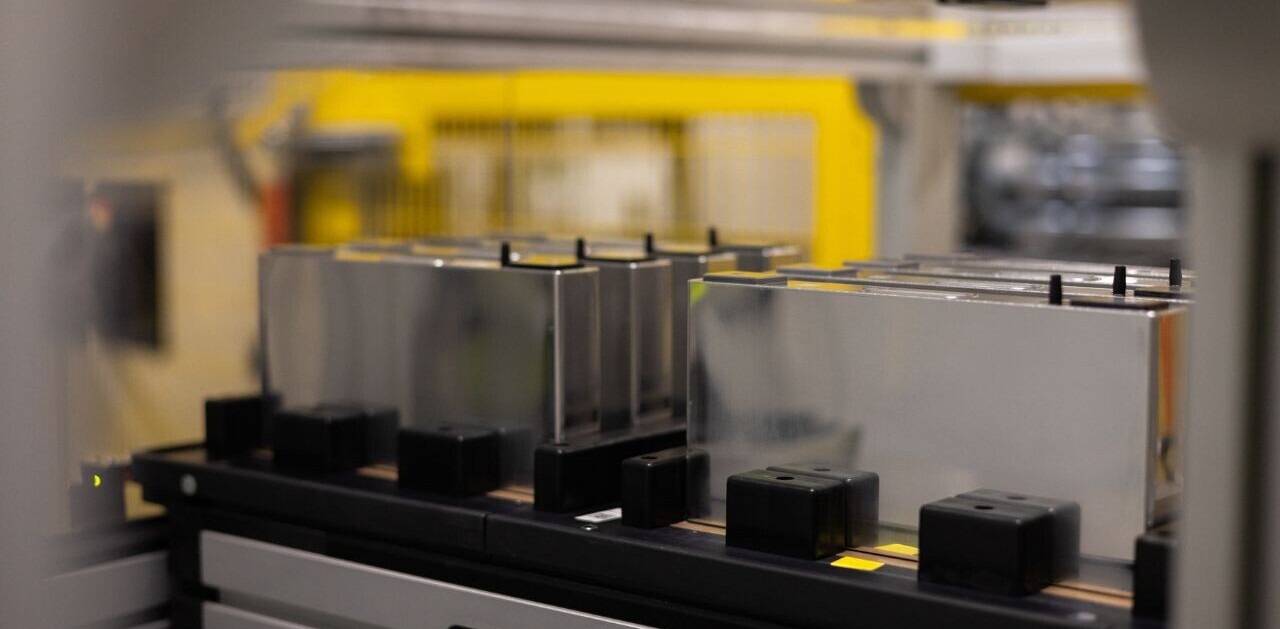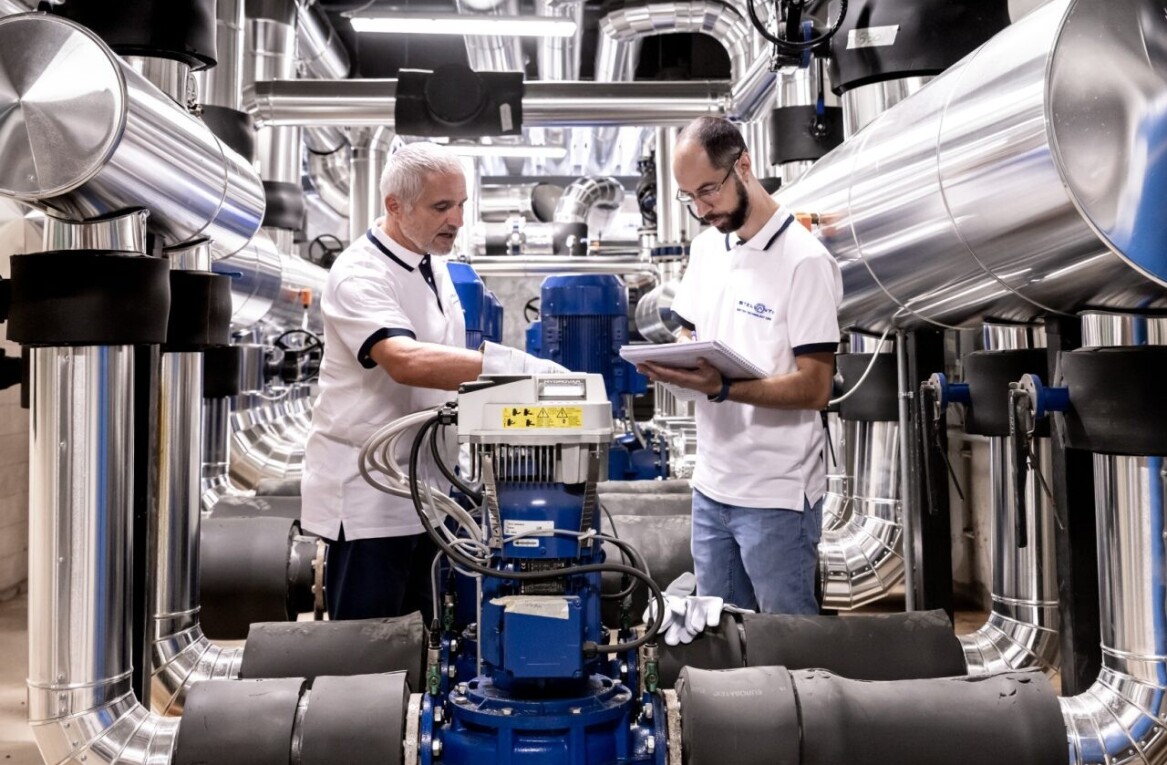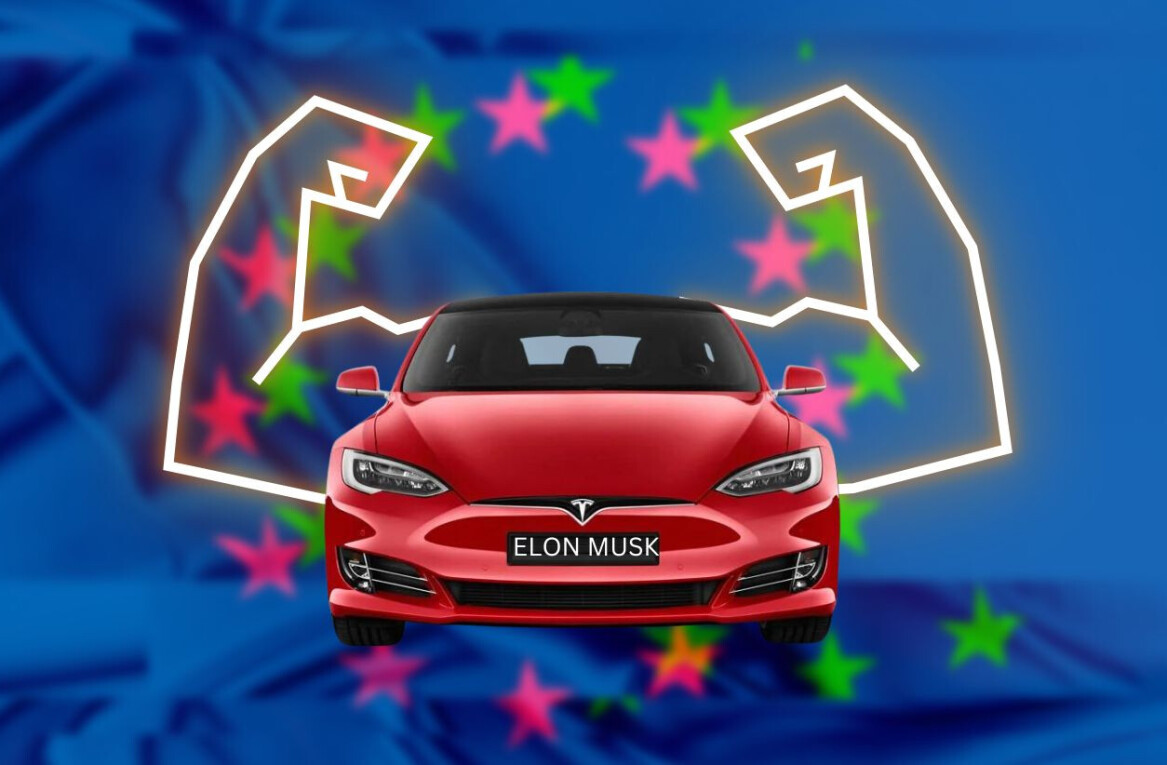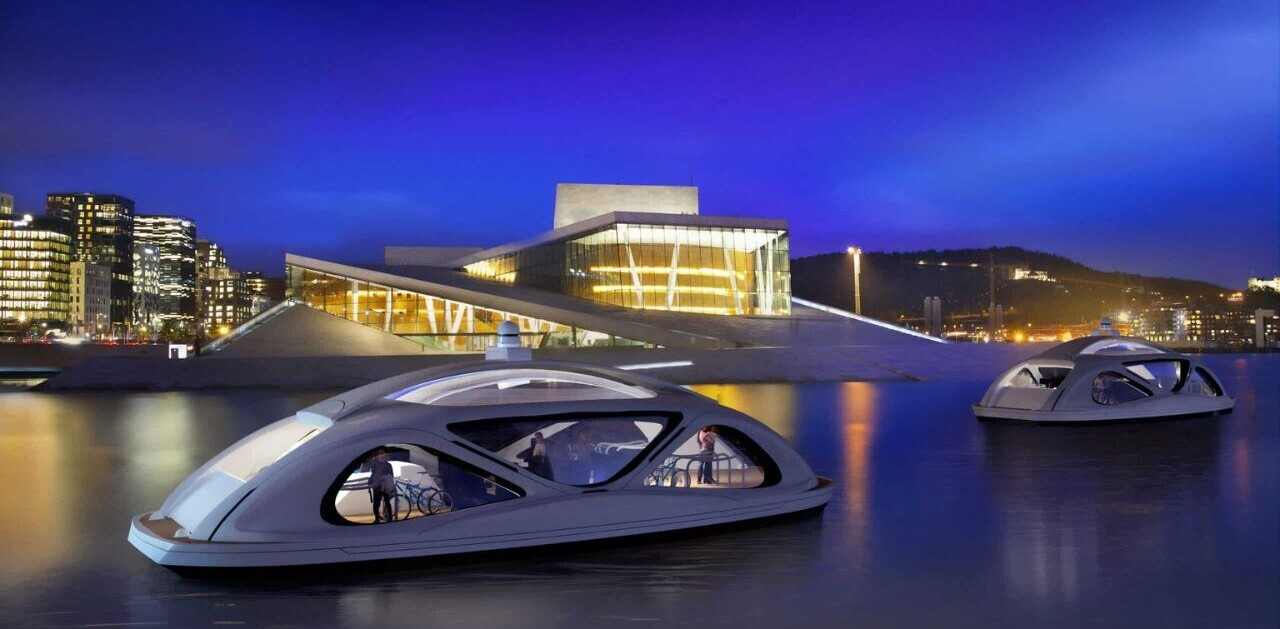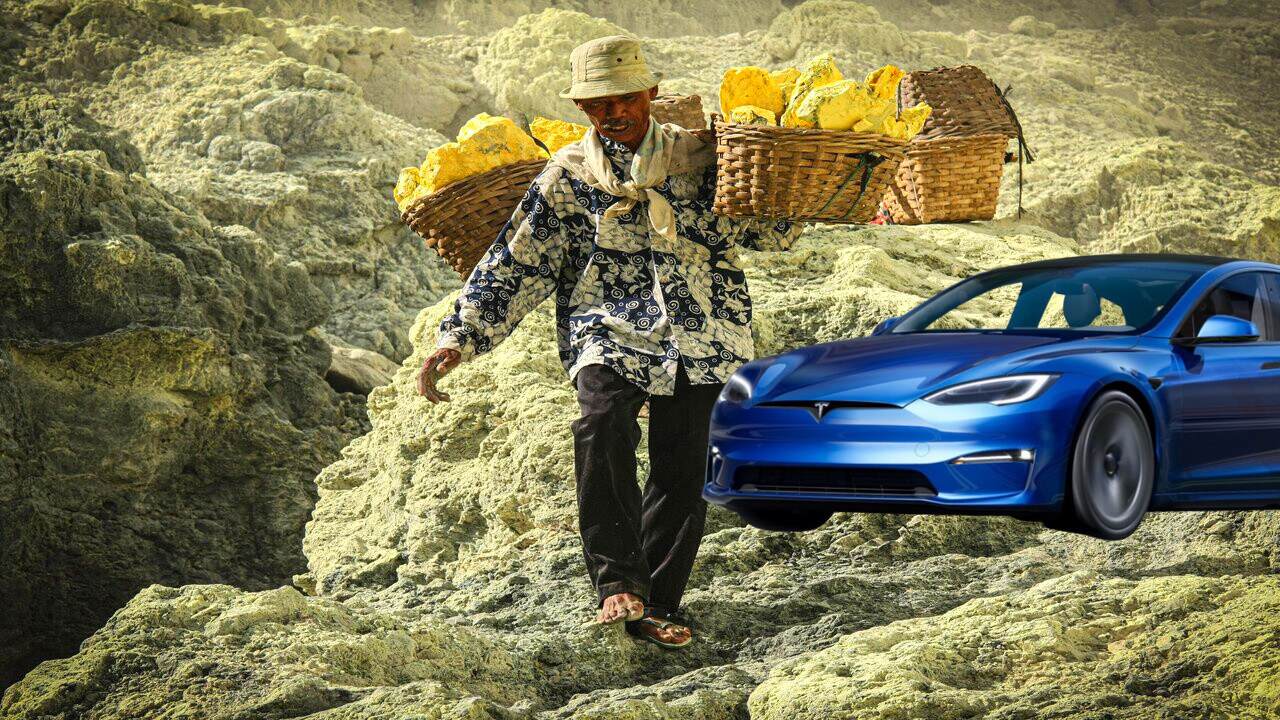
For a long time, we’ve been hearing that cobalt is terrible. Its mining is linked to child labor, environmental damage, and loss of habitat to local wildlife — and its use is increasing.
But there are some signs for the better. We decided to take a look.
The numbers are going up
According to The Cobalt Institute, electric vehicles are the highest drivers of cobalt demand, consuming 59,000 tonnes, or 34% of the global total in 2021.

The EV sector uses a combination of lithium-ion battery chemistries, with cobalt-containing cathodes maintaining the largest share. This is due to their energy density and performance –cobalt is particularly important for stability and safety.
The Institute predicts that cobalt demand will continue rising rapidly as the EV transition progresses. 70% of coming growth will be from the EV sector.
Do we need cobalt?
No, lithium-ion batteries do not have to use cobalt. Lithium-ion chemistries without cobalt include:
- Lithium Ferrous (Iron) Phosphate (LiFePo4 or LFP)
- Lithium Titanate (Li4Ti5O12 or LTO)
Cobalt-free batteries are here
In 2020, according to Reuters, Chinese battery maker CATL announced the development of an EV battery containing zero nickel or cobalt, which are typically key ingredients.

Then, in August last year, Chinese EV battery manufacturer SVOLT unveiled what it claims to be the world’s first cobalt-free battery. The company has been selling cobalt-free battery cells since February 2021.
Specifically, SVOLT developed NMx cells, made from cathode material (75% nickel and 25% manganese). They claim that these are more sustainable and around 5% cheaper than classic high-nickel batteries.
And Tesla is heading the pack. Just last month, Reuters revealed that nearly half the Tesla vehicles produced in the first quarter of 2022 were equipped with cobalt-free lithium iron phosphate (LFP) batteries.
In China, Tesla works with CATL and LG-chem to make batteries. They also make their batteries in-house with Panasonic. So the impact could be even greater overall if they’ve created a demand for LPF batteries.
We just didn’t hear much about any of this. We were too busy talking about Elon and Twitter. This is why you need a PR department, Elon.
There’s a but…
Nickel mining isn’t great either. It’s causing significant environmental damage in Russia.
Can cobalt or other earth minerals ever be mined sustainably and ethically?

Some 74% of mined supply comes from the Democratic Republic of Congo. 72% of the total production is refined in China. Both regions have been accused of environmental and human rights abuses.
Since 2013, section 1501 of the Dodd-Frank Act has required companies who might have conflict minerals in their supply chain to register with the US Securities and Exchange Commission and disclose their suppliers.
There have been efforts to verify the chain of custody under the OECD’s Supply Chain Due Diligence Guidance and UN’s Guiding Principles on Business and Human Rights.
Ford keeps a list of all the initiatives it has either joined or co-founded to improve the sourcing of earth minerals like cobalt and lithium. They joined other automakers in 2019 to form the Responsible Sourcing Blockchain Network (RSBN) to strengthen responsible sourcing efforts in mineral supply chains. In 2019, the group set up a pilot to explore the creation of an open, industry-wide blockchain platform that could trace and validate a range of minerals used in consumer products.
It’s all part of a broader umbrella group, the Responsible Sourcing Network, which works to end human rights abuses and forced labor associated with raw material mining.
The group produced a report on efforts in this area. It notes that initiatives often fail at a local level, plagued by a lack of local ownership. Also, a problem is “unproductive competition between responsible sourcing actors”– no surprises there.
What’s clear is that focusing on cobalt can detract from the impact of all the earth minerals that go into battery making. It’s not just about mining but also ensuring longer lives for batteries. And, a greater focus on reusing their ingredients to reduce the reliance on mining the raw materials.
Get the TNW newsletter
Get the most important tech news in your inbox each week.
